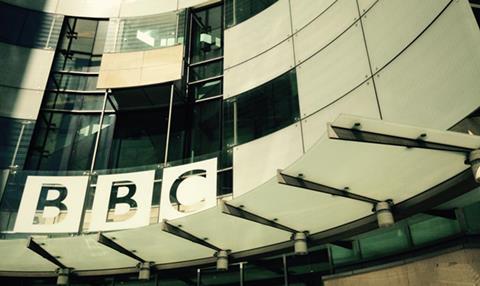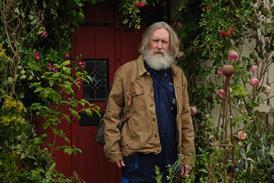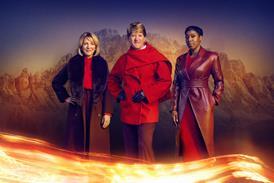PSBs must stand together to defend TV journalism post-election

Before Christmas, in the days after the election, I received a number of worried messages about the future of the BBC. Some came from within the corporation, others from suppliers, but the common theme was genuine nervousness.
Perhaps prime minister Boris Johnson’s comments about the BBC were the final sabre-rattles of a brutal campaign, but the fear is that they were the precursor to genuine ambitions to reshape the corporation.
The Tory landslide gives the government a free hand to pursue its aims, and the support the BBC might usually look to from the Opposition may not be forthcoming. Labour was as angry at the BBC’s election coverage as the Tories, with former shadow transport secretary Andy McDonald claiming the corporation had “played its part consciously” in Labour’s defeat.
I never give much credence to claims of outright bias, but that doesn’t mean the corporation didn’t make mistakes. It is grappling with how to address politicians’ half-truths, unwillingness to subject themselves to scrutiny, and the speed (and hence uncertainty) of reporting in the digital space, and it did not cover itself in glory during a bruising election campaign.
But that should not mean it becomes open season on the corporation – or its peers. One contact mused whether perhaps the PSBs were the real losers in the election, thinking also of the controversies around Channel 4.
The broadcaster’s ice-block empty-chairing in its climate change debate smacked of posturing, and former chairman Luke Johnson believes “its behaviour during the election was self-destructive, and its news presenters’ partisan abuse of politicians has brought it into disrepute”.
Which might not matter, if he didn’t go on in the same Sunday Times article to suggest C4 has “run its course as a public corporation” and should be sold off.
“The BBC especially, and C4 to some extent, are directly in the line of fire, but it feels as though TV news as a medium is now in the dock”
It feels as though the vultures are circling and the industry would be well served by sticking together. The BBC especially, and C4 to some extent, are directly in the line of fire, but it feels as though TV news as a medium is now in the dock in a way that hasn’t previously been the case.
Sky News and John Ryley launched a campaign in 2018 to create an independent commission to organise election debates and revisiting that with a renewed push from across the sector would be a good starting point.

Few within Whitehall expect Nicky Morgan to remain culture secretary for long (she now sits in the Lords and pre-election stated her desire to step back from frontline politics), and if she is replaced in the spring, the government’s intentions towards the broadcasting sector should become clearer.
The spirit of partnership that the PSBs have been talking up recently should extend to TV journalism and they and Sky should confront any challenge with a united front.
- Chris Curtis is the editor-in-chief of Broadcast





























No comments yet